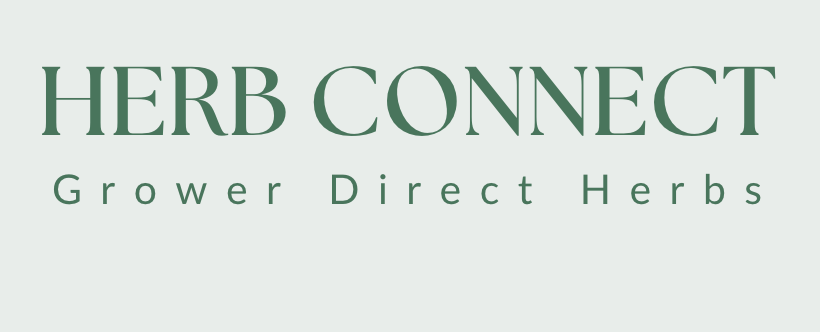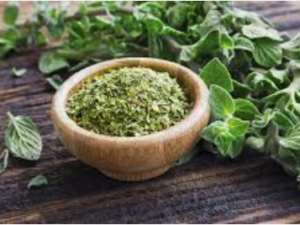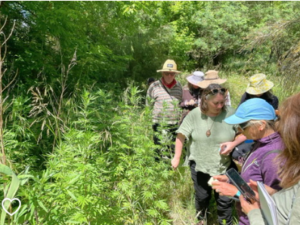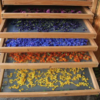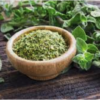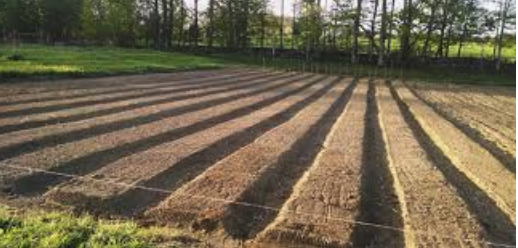
There are a few things to consider when starting your herb farm. You need to look at it as an initial 2 – 3 year establishment timeframe before you are earning a sustainable income. Research shows optimal size for small – intermediate production is ideally 0.4 ha>, the number of herbs you grow and what you grow is very much dependant on your climate/soil type/access to water and site.
Choice of crops
It’s best to maintain diversity by growing several crops (5 or 6) with different harvest times to help with harvest and drying so as not to bottleneck your production. It is also worthwhile to look at what crops are needed and suitable for your environment but also what you have an affinity with.
Costs
Small scale herb growing is labour intensive more than capital intensive, while it helps to have income coming in in the establishment phase and a little extra to get your herbs off to a good start, you don’t need a lot of money. Herb farming will most likely never mach you rich (there are exceptions) but it will afford you a modest living off your land.
Equipment Needed
Growing
Tractor
Rotary Hoe
Broad fork
Mower
Fork/Spade
Harvesting
Sickle (leaf harvest)
Fork or spade (Root harvest)
Hands (flower harvest)
Hedge trimmer with a catcher
Comb for flowers
Drying & Processing
Drying Screens
Screeding table
Chaff Cutter
Vermin proof bins for storage
Scales
The list above is for a basic small scale set up, you can purchase or repurpose large cropping equipment for larger farms like potato and carrot harvester for root harvest. Specialist leave harvesters and flower harvesters. You will need a clean shed to process and dry in that can be kept vermin proof.
Other things to consider
Watering system – do you spray irrigate or drip? This will depend on the crop but most leaf, flower and tree crops prefer drip as the moisture on your leaves and flowers before harvest will dilute the essential oils and make it harder to dry. You may end up with mouldy plant material and you’ve just waisted a whole season.
The great thing about herbs. dried herbs is that they keep. If they are stored well (a 50L plastic rubbish bin with lid is a good option) they will keep for up to 2 years before degradation starts.
Organic & Biodynamic Certification
It is worth considering organic or biodynamic certification for your herbs as they will give comfort to the buyer that your practices are in line with best practice and you will be able to command a premium for your herbs.
Want to know more?
Book a free initial advice call with one of our expert Horticulturist Herb Growers
Recommended Reading
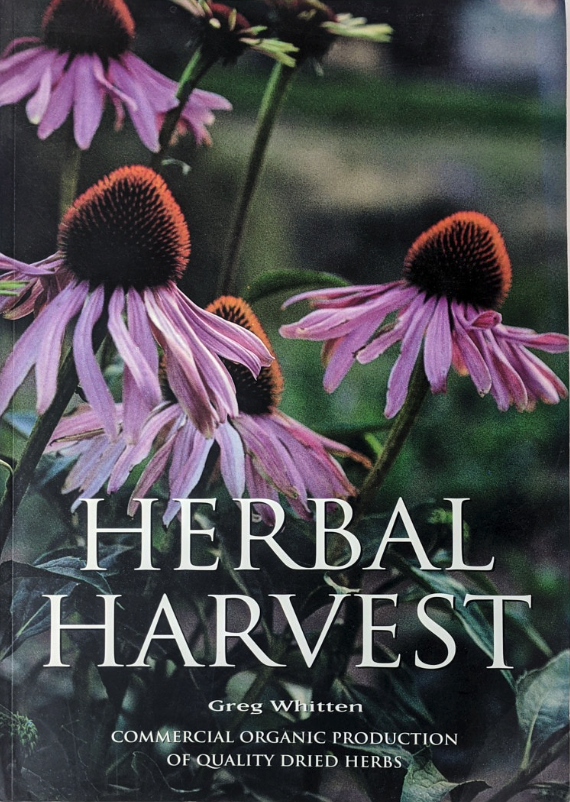
Herbal Harvest
The definitive book on commercial herb growing in Australia.
by Greg Whitten
*out of print, Greg can provide PDF – contact us
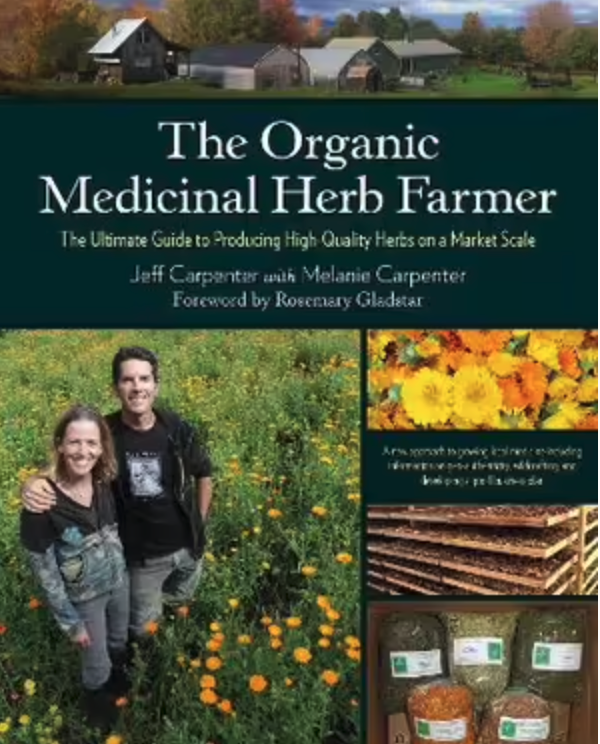
The Organic Medicinal Herb Farmer
The ultimate guide to producing high quality herbs on a market scale. By Jeff Carpenter.
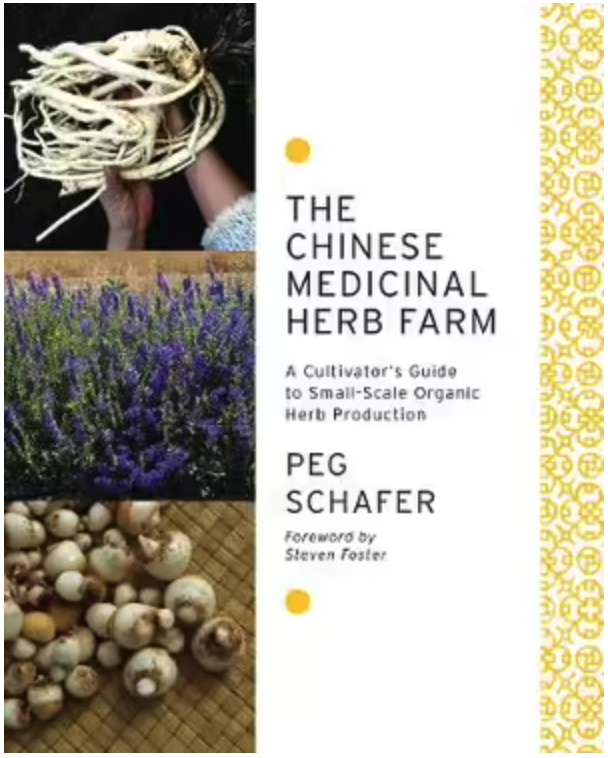
The Chinese Medicinal Herb Farm
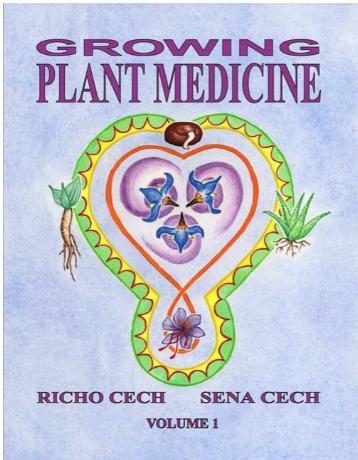
Growing Plant Medicine
Theory and practice of natural garden techniques, newly augmented with bioregional medicinal plant recommendations, garden plans and materia medica.
